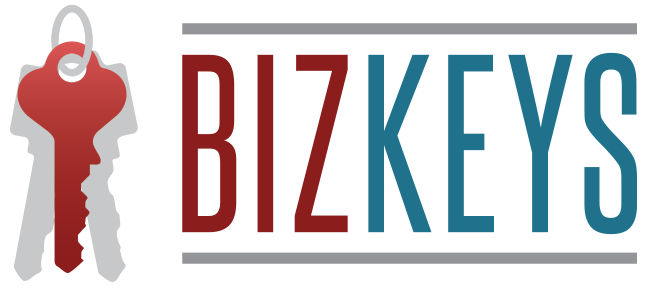NLRB Potpourri: Recent Decisions
Personnel Changes To Cure Employee Grievances:
The National Labor Relations Board (“the Board”) recently held that an employer violates the National Labor relations Act (“the Act”) by announcing during a union organizing campaign that it hired a bi-lingual human resources manager to improve workplace communications. The Board found that the hiring was made to address an issue of poor employee communications that existed in the workplace. The hiring was presented as an improvement in working conditions allowing employees to better communicate with managers. The Board reasoned that the violation was committed by announcing the change as an improved working condition. Presumably, hiring a bi-lingual manager would have been legal if the employer had not made a big fuss over it and presented it as a solution to an employee grievance. What employers should take away from this is that if a campaign issue involves the hiring or firing of management personnel to appease employees, do not make the change and tell employees it was done to remedy their dissatisfaction. If the change is made and the employees figure it out on their own, the same benefit will be attained. The case is Newberg Eggs, Inc., 357 NLRB No. 171.
Decision on Work Rules:
The Board has ruled that a work rule stating: “unauthorized soliciting of contributions on company premises” was prohibited violated Section 8(a)(1) of the Act because it was not limited to working time and because it expressly restricted protected activity. Even though it was limited to solicitation of contributions, a solicitation of contributions to support an incipient organizing drive, to help a fired fellow employee, and for many similar purposes is protected.
A rule subjecting employees to discipline for the “inability or unwillingness to work harmoniously with other employees” was, also, found to violate the Act because the rule was sufficiently imprecise such that it could encompass any disagreement or conflict among employees, including those related to discussions and interactions protected by Section 7. The Board’s precedent for finding a violation was a case holding that a rule prohibiting “loud, abusive or foul language” was a violation because it did not define abusive or insulting language. Good thing the Board doesn’t have jurisdiction over kindergarten children.
Employers will be glad to know, however, that work rules prohibiting “leaving a department or the plant during a working shift without a supervisor’s permission” and “stopping work before a shift ends or taking unauthorized breaks” are valid, but a rule that simply prohibits “walking off the job” is a violation because employees will think that they are not permitted to strike since the term “walk out” is commonly used as a synonym for a strike. The case is 2 Sisters Food Group, 357 NLRB No. 168.
Back Pay to Undocumented Immigrants:
The Supreme Court ruled in Hoffman Plastics Compound v. NLRB that the Board cannot award back pay to employees who were not authorized to work in the U.S. The current Board does not like this decision and is doing what it can to limit it. Recently, the Board ruled that a Respondent employer cannot raise a defense to back pay liability based on an employee’s legal work authorization status unless the employer can show facts at the stage in which it is called upon to raise all of its defenses that the employee was not allowed to lawfully work in the country. In some cases, this ruling will result in undocumented workers receiving back pay awards even though the Hoffman decision prohibits that result. Member Hayes dissented and stated that Congress, not an administrative agency, is the appropriate body to re-write the law if it disagrees with the Supreme Court. The case is Flaum Appetizing Corp., 357 NLRB No. 162. Given that the Board will prohibit an employer from inquiring into lawful work status unless it knows for certain at the time it has to file its answer that the employee is here illegally, it is fairly certain that the Board will not make any independent inquiry of anyone.
For more information or any questions concerning labor law or related issues, please contact Bill Trumpeter at 423-785-8318. The opinions expressed in this bulletin are intended for general guidance only. They are not intended as recommendations for specific situations. As always, readers should consult a qualified attorney for specific legal guidance. Should you need assistance, please call 1-800-275-7303.ext 318

